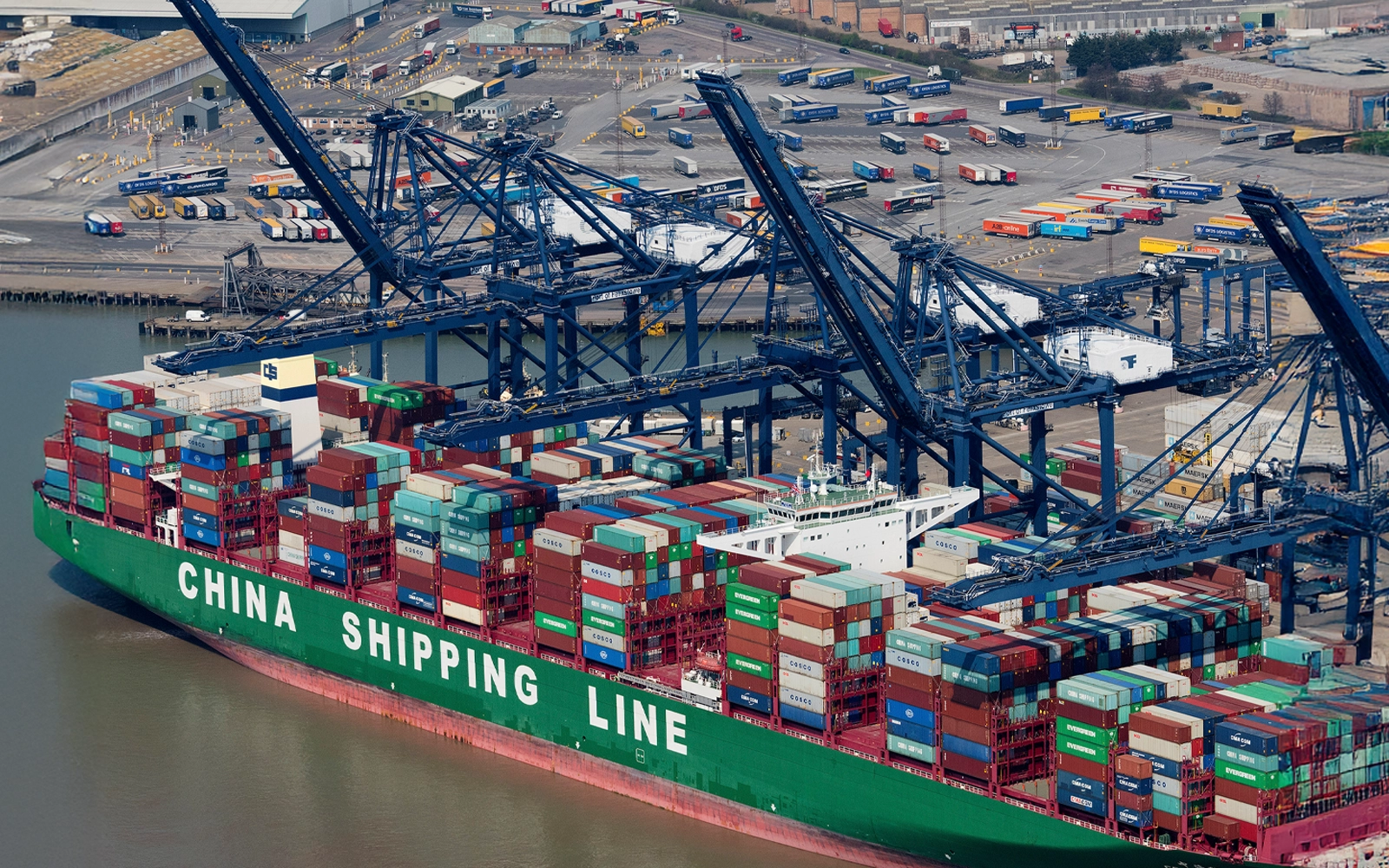
Any attempts by the Trump administration to arm-twist nations, including Asean countries, into curbing trade with China during tariff negotiations will fail, a political analyst said.
The US cannot force countries to stop trading or reduce trade with China given it is the “manufacturing centre of the world”, said James Chin, professor of Asian Studies at the University of Tasmania.

“Countries cannot stop trading with China as its goods are the cheapest and have the best quality. So, even if the US applies pressure, it’s not going to work.
“The Chinese produce so many consumer products that you cannot just run away from China,” he told FMT.
The reality is that even consumers in Malaysia will be unhappy if trade with China is blocked, he added.
A recent Bloomberg report, citing sources, said the administration of US President Donald Trump is preparing to pressure countries seeking tariff reductions or exemptions to curb trade with China.
Also, US Treasury Secretary Scott Bessent said earlier this month the countries negotiating trade deals with the US should “approach China as a group” together with Washington.
In response, China has warned countries against striking an economic deal with the US at its expense, ratcheting up the temperature in a spiralling trade war between the world’s two biggest economies.
Malaysia, which has been slapped with a 24% reciprocal tariff, is among over 70 countries seeking negotiations with the US over the tariffs.
Trump has since paused implementation of the tariffs for 90 days to allow for trade negotiations. However, a 10% universal tariff remains in place.
Chin said that whatever tariff deal Malaysia strikes with the US, will not harm China’s interests or any other country’s interests.
He noted that Malaysia is one of the world’s top 20 trading countries and has long been trading with countries around the world.
“So, it doesn’t mean if you do a trade deal with the US, it will harm your other trading partners.
“It simply means the US and Malaysia will have an easier time trading going forward. So, it will not affect China at all,” he said, adding Malaysia is “as pro-US as it is pro-China” in terms of trade.
He also said that traditionally, trade and politics are seen as separate.
“Trade is uncoupled from the political relationship. It’s just that Trump is making it part of the political game as he’s trying to stop the rise of China,” he said.
Asean’s common strategy
Chin said Asean countries will be pursuing the same strategy, which is to negotiate directly with the Trump administration.
“It doesn’t mean this (bilateral negotiations with the US) will harm their relationship with other countries. Most countries are mature enough to understand that. Trading links and political links are totally separate things,” he added.
For Malaysia, and Asean, China remains their largest trading partner. In 2024, Malaysia-China trade hit a record US$212 billion (RM917.4 billion), marking the 16th consecutive year China was our No. 1 trading partner.
Since 2013, Asean-China trade has grown on average 7.5% a year, reaching US$982.3 billion (RM4.25 trillion) in 2024.
While China has remained Asean’s largest trading partner for 16 consecutive years, it has been China’s top trading partner for the past five years, with Vietnam, Malaysia and Indonesia being its top three trading partners within Southeast Asia.
Given the massive trade between Asean and China, it would be suicidal for Asean nations to even contemplate breaking this pivotal relationship for any crumbs the US may throw their way during the tariff negotiations.
Even Japan, arguably the US’ strongest ally in Asia, intends to push back against any US effort to force it into an economic bloc aligned against China.
This is because of the importance of Tokyo’s trade ties with Beijing, its biggest trading partner, according to a recent Bloomberg report quoting current and former Japanese government officials.






